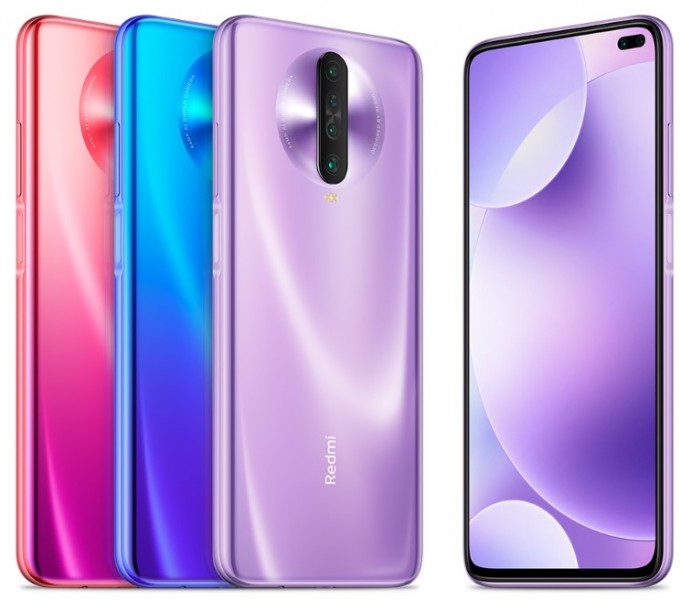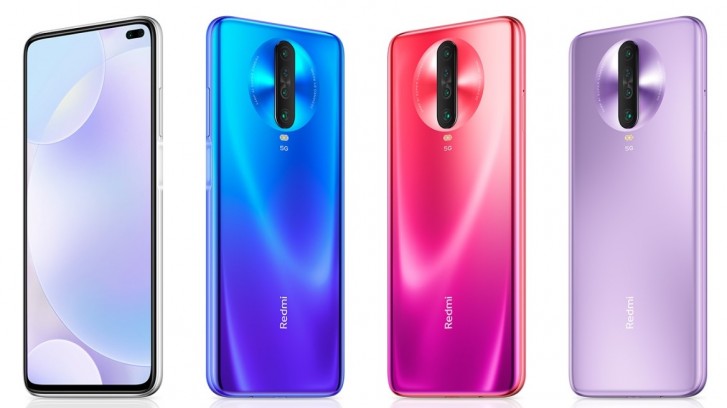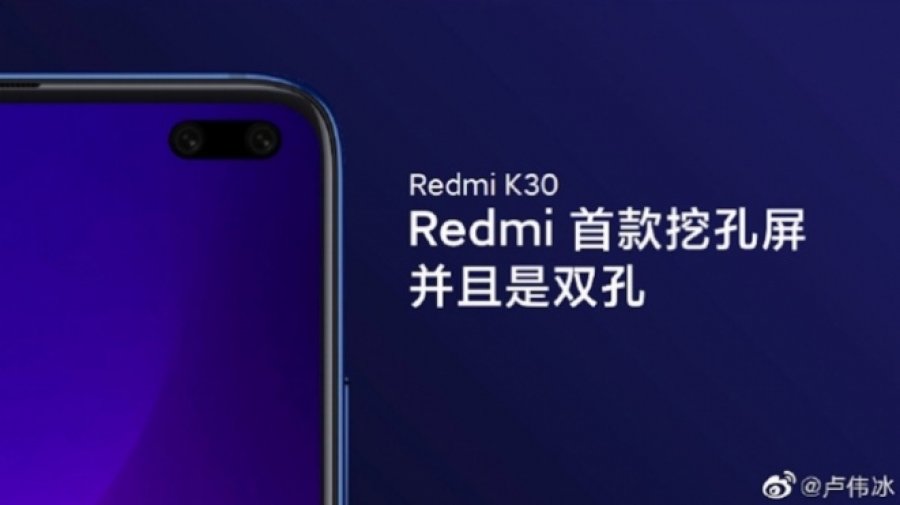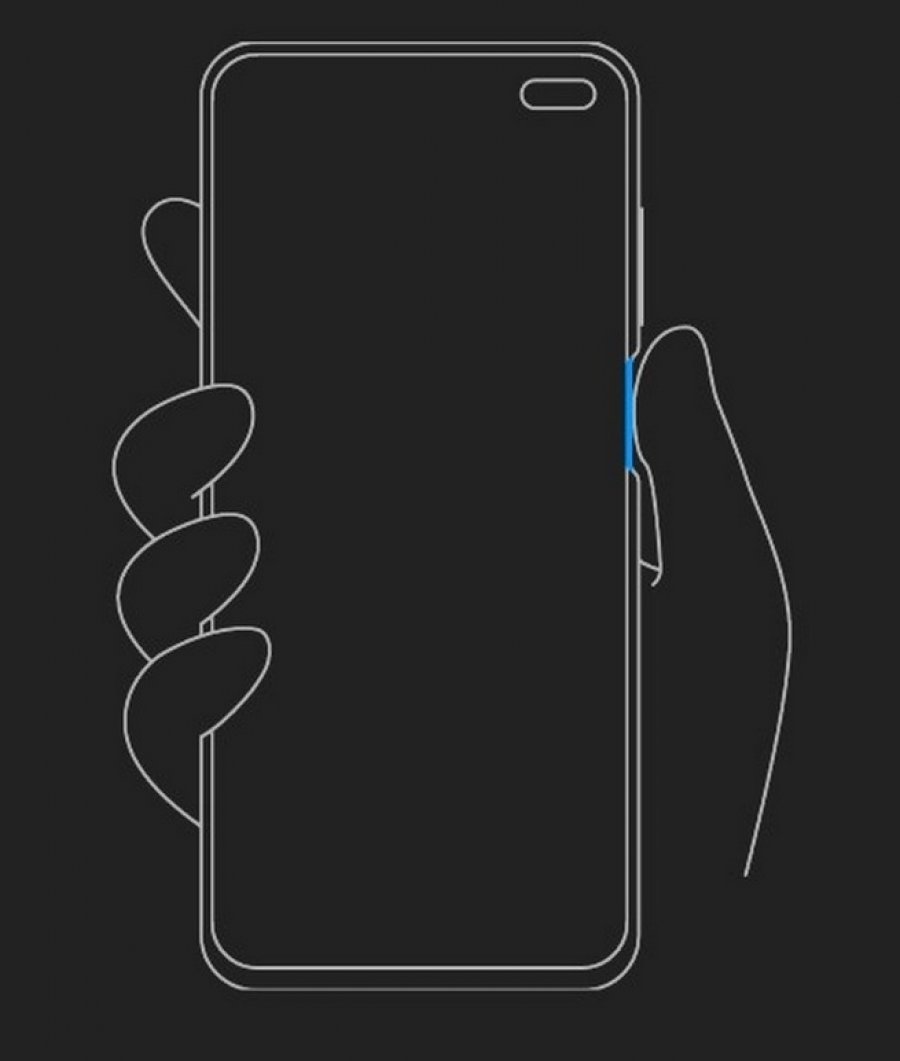Xiaomi has unveiled this smartphone and could be a landmark for 2020 smartphones. The Redmi K30 comes with a 120 Hz display, a total of six cameras, a brand new processor and a larger battery.
Redmi K30 is being sold in a 5G version and another 4G version. The 5G comes with the recently released processor in the middle of the Snapdragon 765G, which was designed specifically for gaming applications.
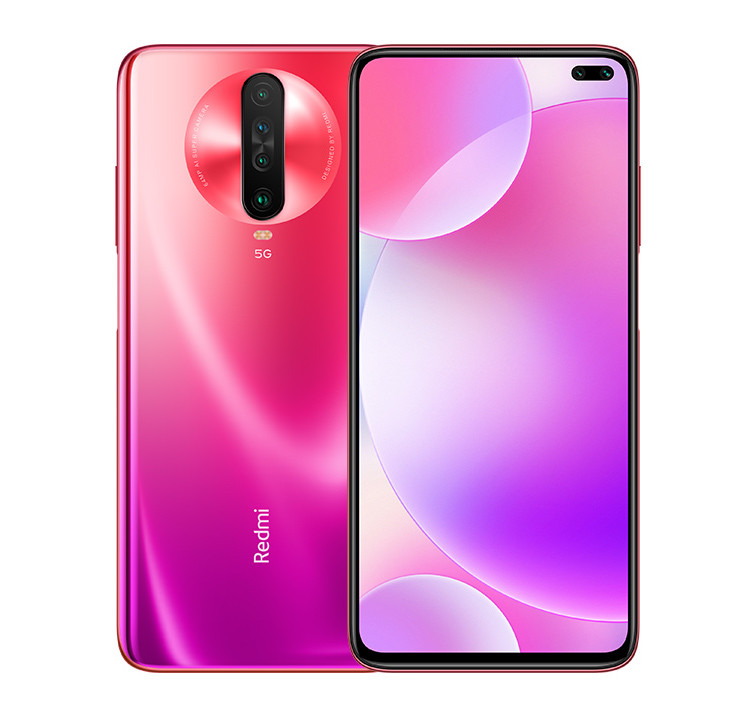
In total there are six cameras available to users: four in the back that are an combination of 64MP main (Sony IMX686), 8MP ultrawide (120 degrees FOV), 5MP macro, and 2MP depth sensor modules; two in the front in the form of punch hole in the top-right corner for the 20MP selfie camera joined by a 2MP depth sensor.
The 6.67-inch LCD display has a refresh rate of 120 Hz, a 20:9 format and a resolution of 2400×1080 pixels. The fingerprint button is embedded in the power button on the right side and the battery has a capacity of 4500 mAh and can be charged with 30W fast charging.
The 5G model of the Redmi K30 will probably become the first cheaper smartphone with this technology. The smaller version with 6GB of RAM and 64GB of storage will be sold in China for the equivalent of 256 euros. The cheapest 4G model of the Redmi K30 comes in the equivalent of 205 euros.
Xiaomi Redmi K30/ Redmi K30 5G Specs
| Redmi K30 | Redmi K30 5G | |
| Display | 6.67-inch 120 Hz FHD+ LCD display | 6.67-inch 120 Hz FHD+ LCD display |
| SoC | Snapdragon 730G | Snapdragon 765G |
| Rear Camera | 64 MP Sony IMX686 (f/1.89) + 8 MP ultra-wide-angle (f/2.2) + 2 MP depth sensor + 2 MP macro sensor | 64 MP Sony IMX686 (f/1.89) + 8 MP ultra-wide-angle (f/2.2) + 2 MP depth sensor + 5 MP macro sensor |
| Front Camera | 20 MP + 2 MP depth sensor | 20 MP + 2 MP depth sensor |
| Battery | 4500 mAh battery, 27W fast charge | 4500 mAh battery, 0 W fast charge |
| OS | MIUI 11, Android 10 | MIUI 11, Android 10 |
| Other Features | NFC, Gorilla Glass 5, Hybrid dual SIM support, 3.5mm headphone jack | NFC, Hybrid dual SIM support, 3.5mm headphone jack, 5G support, |
| Prices |
6/64 GB: US$230 6/128 GB: US$240 8/128 GB: US$270 8/256 GB: US$310 |
6/64 GB: US$285 6/128 GB: US$325 8/128 GB: US$370 8/256 GB: US$410 |
> Read Next: ARM-based Huawei chips may reach desktop computers
So what do you think about this? Let us know your thoughts in the comments section below, follow us on twitter and facebook for more news and updates.
